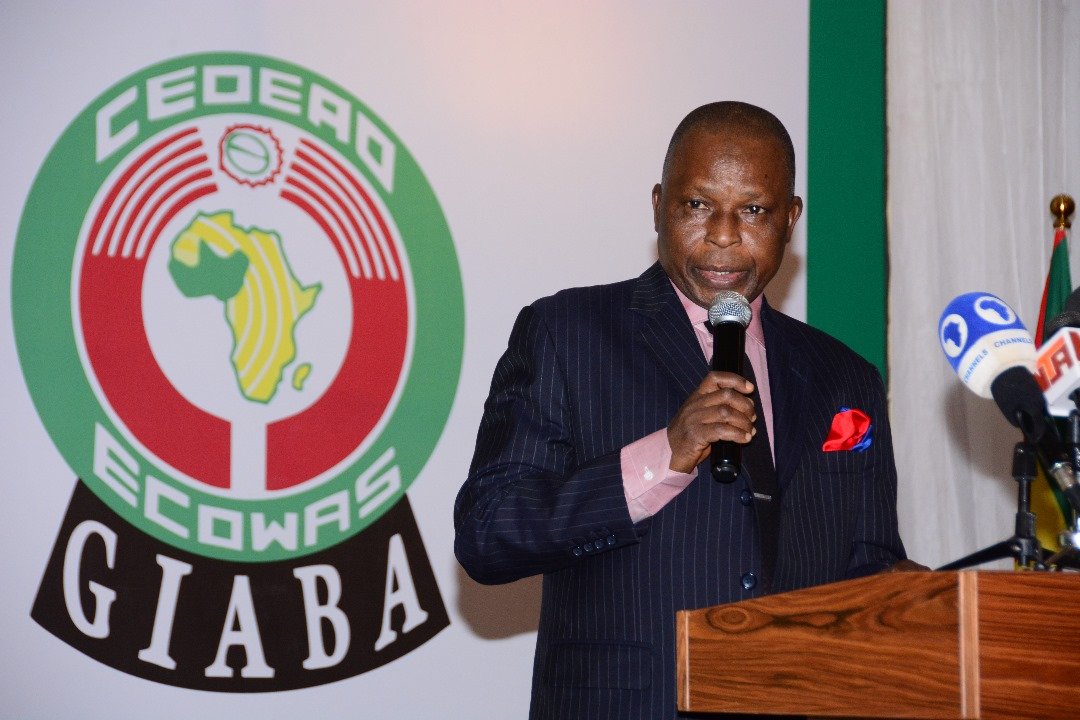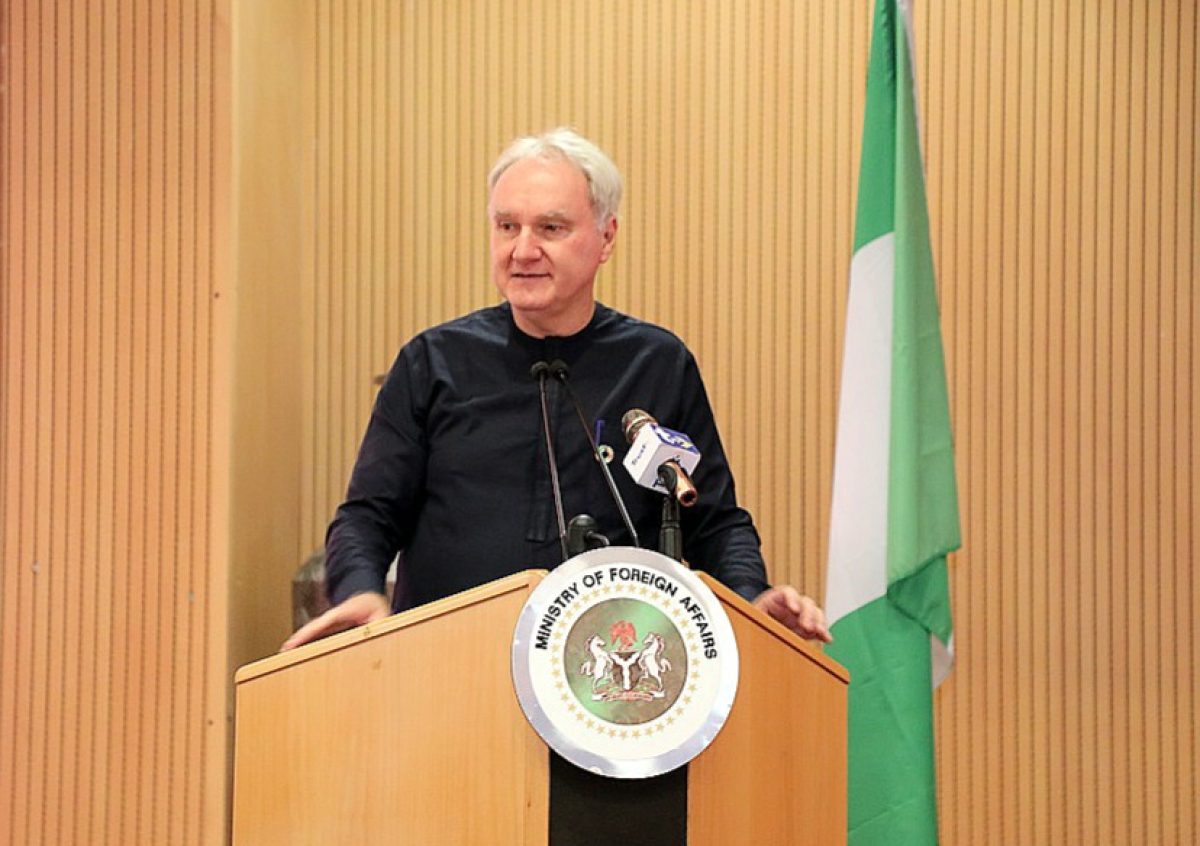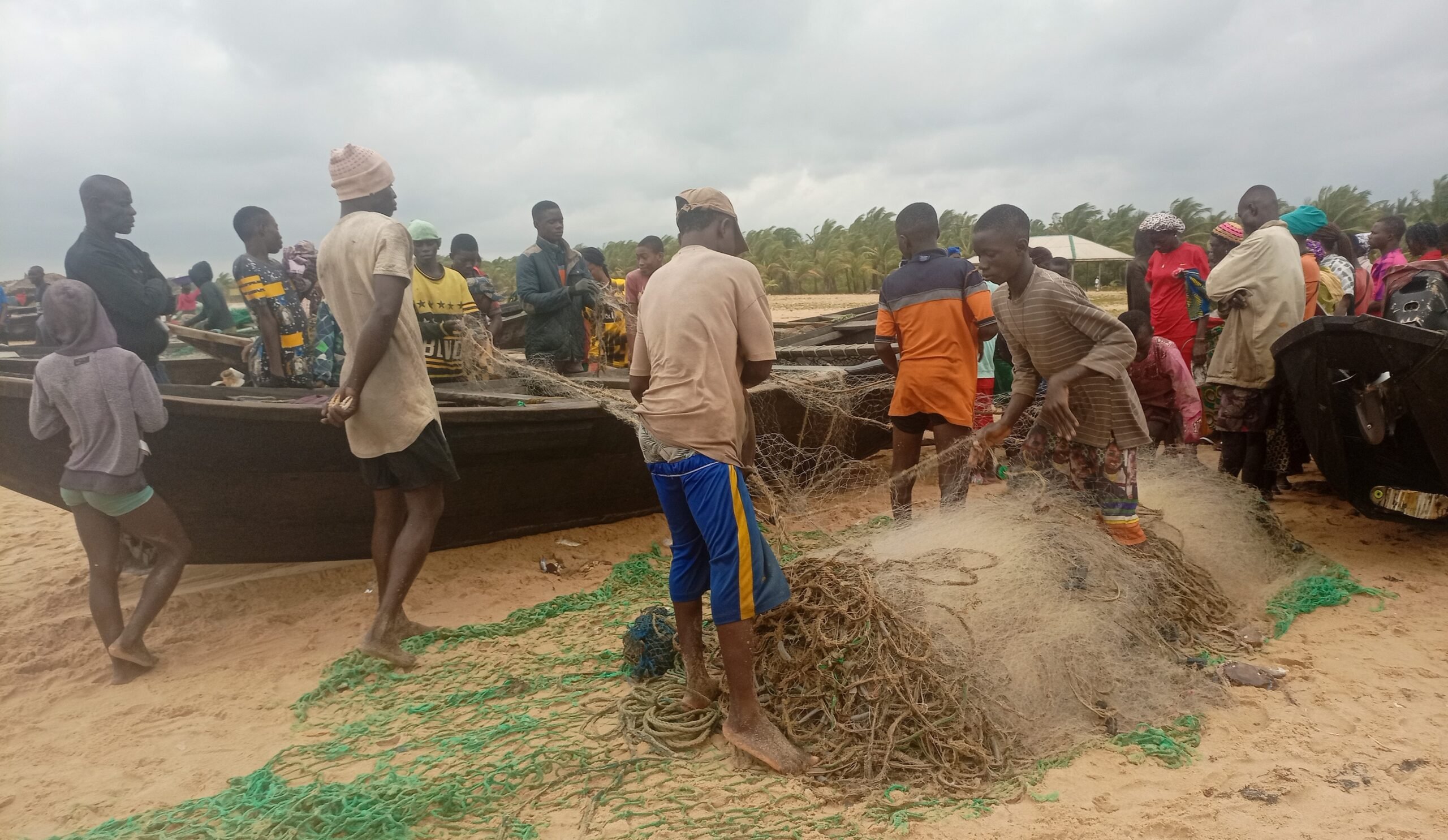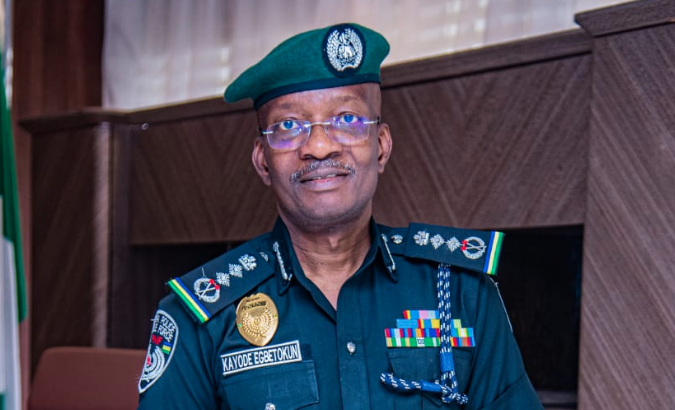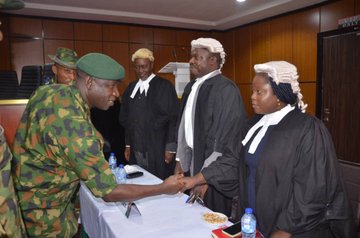Nigeria has called on the Action Group Against Money Laundering in West Africa (GIABA) to develop institutional frameworks for the enforcement of financial crimes regulations in the region.
Lateef Fagbemi, attorney-general of the federation and minister of justice, made the appeal at the inauguration of the 27th meeting of the ministerial committee of GIABA, in Abuja.
Fagbemi, who is also the chairman of GIABA ministerial committee, said member countries should prioritise their national systems on anti-money laundering and combating financing of terrorism.
According to Fagbemi, doing so would enable the countries to push their national institutions to perform to the highest of their capabilities and achieve progress in financial crimes control.
Advertisement
“Our collective commitment to put in place legislative policy and institutional frameworks is necessary to protect the integrity of our financial systems from threats of money laundering, terrorist and proliferation financing,” Fagbemi said.
“As we come to the close of the second round of mutual evaluations, I believe we need to take some time for introspection and an assessment of where we have fallen short.
“In particular, looking at the effectiveness of our AML/CFT/CPF frameworks, it is clear that across the region there is significant room for improvement.
Advertisement
“As we begin preparations for the next round of mutual evaluations, our goal must be to greatly strengthen results and outcomes being achieved by our regulatory, supervisory, law enforcement and prosecutorial authorities.
“We must ensure we go beyond just focusing on technical compliance, to a results-based approach; this will require more efforts and resources than we have deployed so far.”
The attorney-general said the financial action task force (FATF) standards are not punitive measures, but tools to ensure safety, security and prosperity in countries, regions, continents and the global community.
Also speaking, Olubunmi Tunji-Ojo, minister of interior, described the meeting as apt, saying it would boost fights against money laundering, terrorism financing and proliferation financing
Advertisement
“For us, we understand the importance of tackling money laundering, terrorism financing, especially what we have gone through since the past 15 years,” Tunji-Ojo said.
“The only way to remove the monster within our internal security architecture is by getting to the root of tackling the financing of these organised crimes.”
On his part, Omar Touray, president of ECOWAS Commission, promised to support GIABA towards taking steps to consolidate existing gains.
Represented by Mambury Njie, Touray urged member states to continue to take practical steps to effectively address the strategic deficiencies identified in their AML/CFT systems, especially to strengthen key AML/CFT/P institutions.
Advertisement
“The judiciary should be more responsive in the adjudication of cases of money laundering, terrorism and terrorist financing to deprive criminals of the proceeds of their crime, recover stolen assets, and dismantle criminal enterprises,” he said.
“In addition, member states should deepen their risk understanding, strengthen domestic coordination and international cooperation and promote public-private partnerships.”
Advertisement
